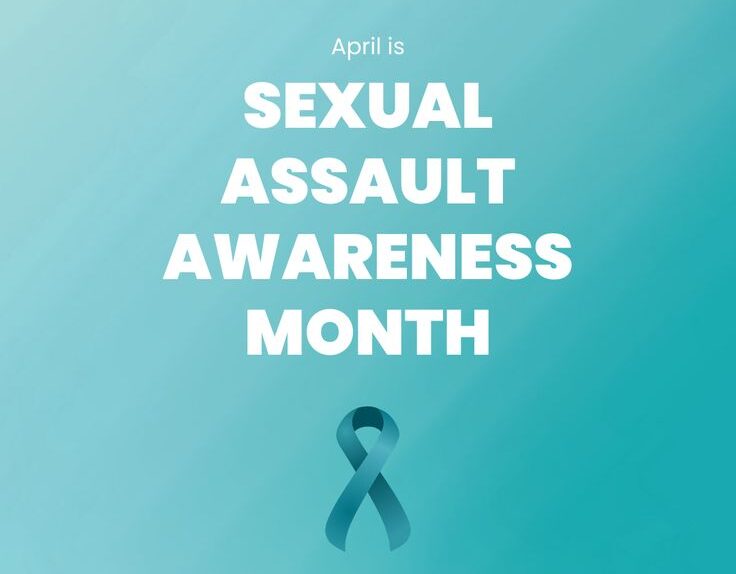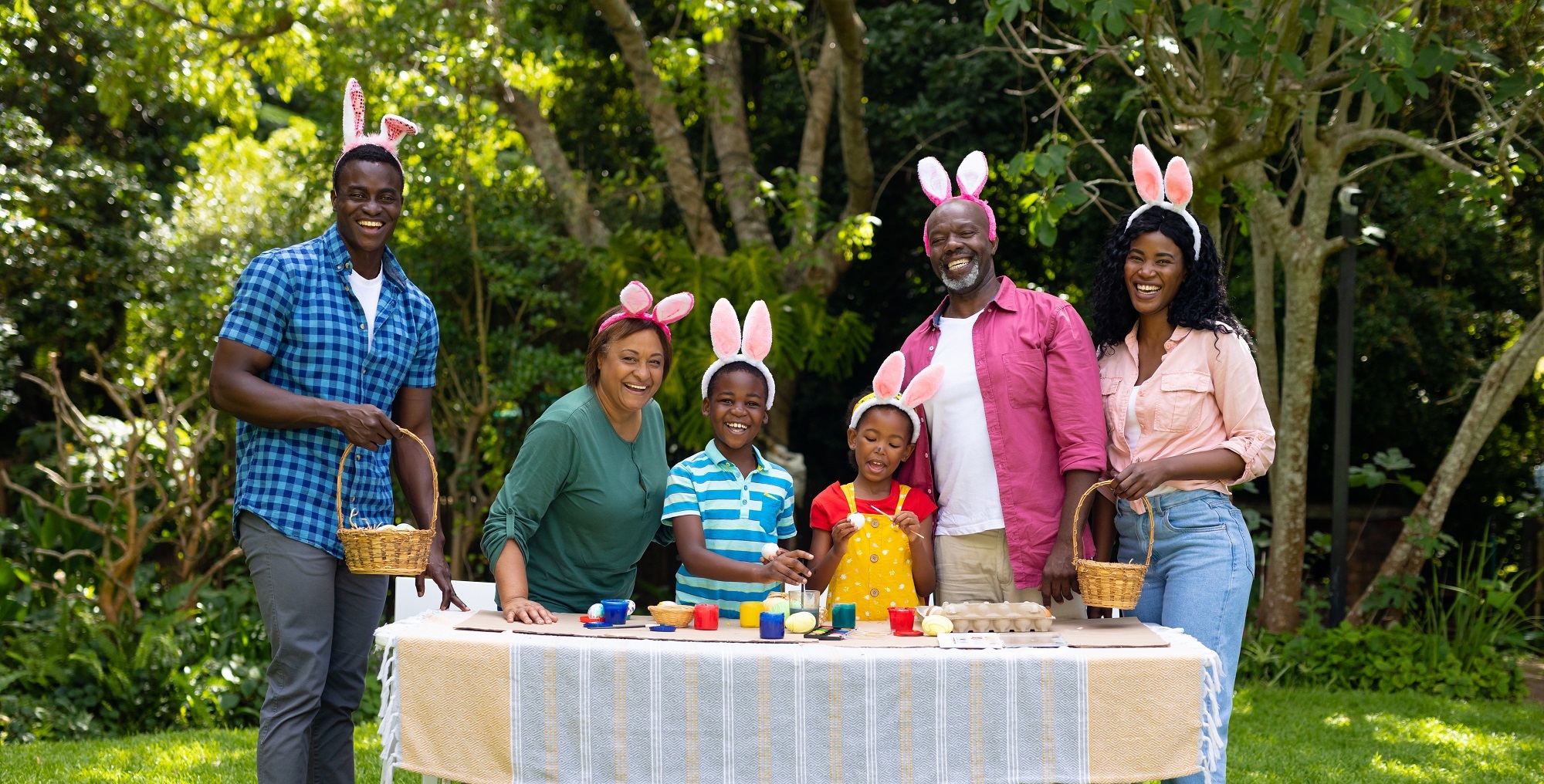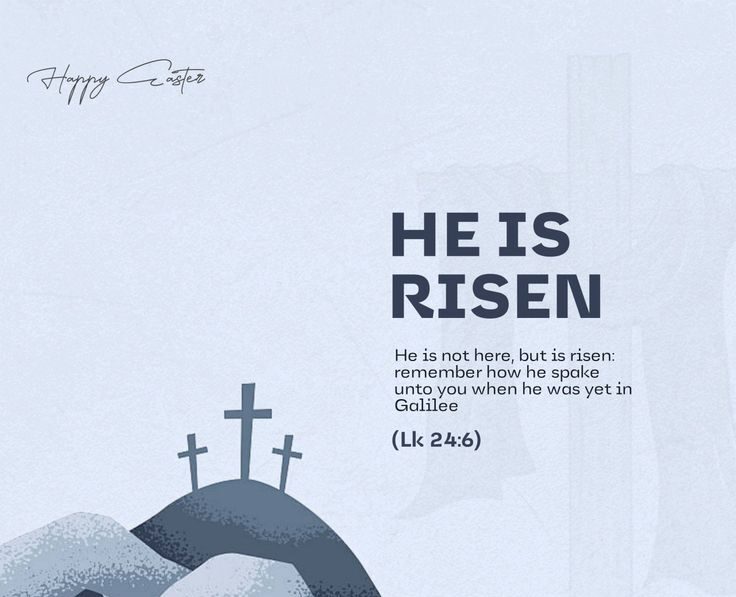Marriage gets better with time, SAY TONY AND RUTH WAHOME
Anthony Wahome Kamunyi , 41, works with the United Nations (UN). He has over 10 years experience with security and safety and has served as a Forensic Ballistics Expert with
Anthony Wahome Kamunyi , 41, works with the United Nations (UN). He has over 10 years experience with security and safety and has served as a Forensic Ballistics Expert with the Kenya Police, where he attained the rank of inspector. His wife, Ruth Wahome, 35, is a volunteer high school teacher at Faith Ventures Christian Academy in Nairobi. The couple also run a few businesses together.
Tony and Ruth, who have been married for 11 years, believe that marriage gets better with time, and cannot wait to see what’s in store for them in the coming years. They share their marriage story with EDNA GICOVI.
On a warm Sunday afternoon, I am seated at a dining table at Tony and Ruth Wahome’s lovely home in Garden Estate, Nairobi, sipping a glass of apple juice. Their three young children greet me politely and go outside to play at the request of their parents, returning once in a while for different reasons. Five-year-old Hadassah wants a fruit for her friend and wonders if the muffins she was baking with her mother are ready, while three-year-old Shemuel just wants to be around his parents. I am enjoying every minute of
my time with this family as I listen to the story of their marriage journey.
AN UNEXPECTED PROPOSAL…
Ruth’s simple visit to the hospital in May 1999 to have her aching shoulder checked ended in an unexpected discovery. She had just completed her first year at the Kenyatta University where she was studying accounting when she was diagnosed with kyphosis, a condition of over-curvature or exaggerated forward rounding of the upper back.
A visit to an orthopaedic surgeon for further consultation resulted in one of the biggest decisions Ruth had contended with in her 20 years at the time. She needed elective spinal surgery, which had one of three outcomes – full recovery, recovery but with paralysis, or death. She needed to make a decision on the way forward almost immediately.
Ruth shared this somewhat troubling information with one of her close friends, Tony, and was surprised by his response that seemed more emotional than she had anticipated. He, in a few words punctuated by long periods of silence that Ruth says was very uncharacteristic of him, asked her out. “Who, in their right mind, declares love to a girl who may die or be paralysed for life?” she asks.
Tony and Ruth lived in the same neighbourhood in Nyeri and attended the same neighbourhood Bible study on Sunday afternoons that mainly consisted of fresh high school and college graduates. This was where the two had met and became good friends two years before Ruth’s surgery. Tony had graduated from Moi University with a BSc in Physics and joined the Kiganjo Police Training School in Nyeri. He is six and a half years older than Ruth and was more of a big brother figure. The two had had shared a purely platonic relationship, hence Ruth’s surprise at his proposal. “I never thought anything more could develop between us,” she says.
“At some point, I remember being the only man at our bible study group with 10 other ladies and since I didn’t want any involvement with any lady, I played my cards safe and never showed any kind of preference for one over the other. If it was someone’s birthday, I would buy a cake,” says Tony.
“He would actually bake a cake and buy flowers for every lady in the bible study and sometimes for our mothers! We all loved him,” says Ruth. Her surgery was successful and nothing short of a miracle. She firmly believes that God gave her a new lease on life. Tony says he realised how much he cared about Ruth after she broke the news of her illness and impending surgery. He didn’t want her to die without knowing that he loved her.
Throughout her one-year recovery, strong and lasting relationships were forged with family and friends, and also with Tony, whom she was already dating. Tony’s presence and support in Ruth’s life during her recovery made her realise what she felt about him, and though the shift from friendship to a romantic relationship was a little difficult for her, she was convinced that he was the real deal.
“He loved me for who I was,” she says. He had already graduated from the Kiganjo Police Training School at the time and was working at the CID Headquarters Forensic Ballistics Laboratory (the determination of legal evidence in respect of identification of firearms, ammunition, bullets, and cartridge in court cases) as a Ballistics Expert.
Tony and Ruth dated throughout the time she was at the university and got to know each other very well. “The fact that we were friends before was good for us. He would visit me many times when I was at the university. The guards probably thought he was a student there. We spent a lot of time with our friends and this kept us both accountable. You get to know someone very well by the way they relate to other people, not just to you,” says Ruth.
Tony wanted their relationship to lead to marriage from the very start. He proposed to Ruth on June 1, 2001 and the couple tied the knot exactly a year later. “By the time I proposed to Ruth, I was a police officer earning Ksh 5000 and had taken an education policy worth Ksh 1800, so I was earning even much less. We had a lot of support from both our families and friends for our wedding and we are very grateful,” says Tony.
The formative years are of utmost importance…
The first year was eventful for the couple. Though they had known each other for two years and courted for three, they still had a lot of adjusting to do. The nature of Tony’s job required him to travel a lot. At times, his absence was difficult for Ruth. “I didn’t have a job and the house could get a bit lonely. We had also decided not to buy a TV for a year so we could have more time to talk to one another, which ended up being so good that we held off buying one for two years,” says Ruth.
She adds that her husband’s absences were not really a negative thing. Sometimes Tony was able to take her along during his travels. Moreover, since they lived in a community with other police officers, she eventually got to interact and spend time with the wives of other officers, which was interesting for her. “We took care of one another since most of the time our husbands travelled around the same time,” she says.
Their best couple walked with them throughout their courtship and into the first years of their marriage, which was very helpful to them. “We would talk a lot and discover that some things we dealt with were not so strange and could be worked out. We were also in a marriage enrichment group (MEG) at our church with a few other couples we had gone through marriage counselling with. In these groups, you continue walking together even after marriage. We have been meeting once a month for the last 11 years so they know us pretty well. We don’t wear masks at MEG. We talk freely and share openly with one another about our joys and struggles. This was very important for building our foundation,” says Ruth.
Communication in different areas…
According to Tony, communication grows with time. In the initial phases, there may be a little bit of friction but you have to have a deep understanding that your spouse has your best interests at heart, and even though they misunderstand you, it’s up to you to make them understand you. “Don’t expect your spouse to know what you’re thinking and don’t have any pretences in marriage. Be as real as you can,” he says.
Communication also includes good timing. “We as ladies can be emotional and want to deal with whatever is bugging us at that moment. Good timing is very important. This comes with prayer and allowing God to quiet you. When you bring up something at the wrong time, it will backfire. Meeting him at the door with an issue when he’s just from work is not ideal. As you get to know each other, find out when your spouse is most receptive and relaxed. This will help you to have more effective communication,” says Ruth.
Tony says it’s not that men are numb or blind. “There are some people who are of the opinion that if there is an issue now, it should be raised and solved now but this is not usually how things work. You can’t always have it your way. There’s a lot of give and give in marriage. Not give and take. Even for husbands, timing is very important when communicating with their wives,” he says.
In marriage, communication is also essential in intimacy. “Intimacy grows with time and seasons. Communication in intimacy is very important because we go through different seasons in life. For a woman, there is childbearing and the period that follows it. You have to allow each other to go through seasons. For people who are struggling with issues of intimacy, talk openly and freely as you work at it. You can’t read each other’s minds,” says Ruth.
On parenting…
Tony and Ruth have three children, Jonathan, nine, Hadassah, five, and Shemuel, three. “They are just a bundle of joy,” says Tony about their children, adding that parenting is one of the highest callings. “It’s very humbling to bring up a child, realising that the only reason God put them in your custody is so that you can bring up a Godly offspring. That’s it. If you hit everything else and miss that, then you’ve missed the mark. Our kids are a blessing. God has provided for them through us and we are thankful.”
“Raising my children is my most important job,” says Ruth who has been a stay-at-home mum until a few years ago. “When we got married, I wasn’t working and didn’t get a job for the next three years. By the time we had our first child, two and a half years into our marriage, I had decided I wanted to raise my children myself, and I have been with all of them full time until their transition into school, except Shemuel, whom I left at six months when I started volunteering,” she adds. She currently works as a volunteer teacher at the high school section of Faith Ventures Christian School, which her children also attend. Ruth is grateful she still gets to be near her children even while she works.
Tony says that it’s vital to create time for one’s children. He regularly has dates with his children and spends time with each of them individually. “You have to understand that you’re trying to build a relationship with them. I cannot ride on my wife’s relationship with them. My relationship with them is separate from the one they have with her,” he says.
Marriage gets better with time…
According to Ruth, some things that were a source of friction earlier on become non-issues. “It grieves me to see people give up on their marriage on year one, two or three. I understand that people go through a lot, but marriage takes work and the foundation stage is so critical. You have to hang in there,” she says. She likens a new marriage to a newborn baby. The first few years can be very hectic but it gets easier with time, as the marriage grows. “You will reap fruits along the way but don’t give up at year two or even year five. It’s a long journey. Enjoy it. Tough times don’t last forever,” she says.
Tony says that tough times are guaranteed, a fact that is acknowledged in one’s wedding vows. “You say that you will be together in sickness and in health, in good times and bad. It’s very easy to lose focus in tough times. You should be ready to stick to the vows you made on your wedding day. Know that you made these vows to your spouse before God. Don’t take them lightly,” he says adding, “It’s by God’s grace that we’ve been at this for 11 years.”
“You need to evaluate your vows once in a while. Your marriage is not just between the two of you. You are accountable to those who witnessed your wedding, and to your children as well. What kind of marriage have you modelled to them?” says Ruth.
One of the most profound scriptures for her is about the greatest commandment – love. “Jesus said love the Lord your God with all your heart and love your neighbour as you love yourself. You don’t have a closer neighbour than your spouse. There’s no way around or over it. It just says love. And love is patient, kind, does not envy, boast or keep a record of wrongs. We need to focus on that and not just the warm and fuzzy feelings. And if you think your spouse is your enemy, the bible says to love your enemies and do good to those who persecute you,” she says with a chuckle.
To newly married couples, Ruth says, “Marriage is worth it. It is God’s idea, and God’s ideas are great. I know people go through a lot of difficulties but I believe every marriage can work.”
Tony continually prays that he becomes the husband and father that God would have him be. “Nothing just happens. You have to be intentional in everything. Expose yourself, read books, keep friends who value marriage as an institution, listen to sermons and attend seminars on marriage. Learn from others who’ve been there for 50 years. There are quite a number of helpful materials out there. You don’t know it all,” he says in conclusion.
Published on October 2013





